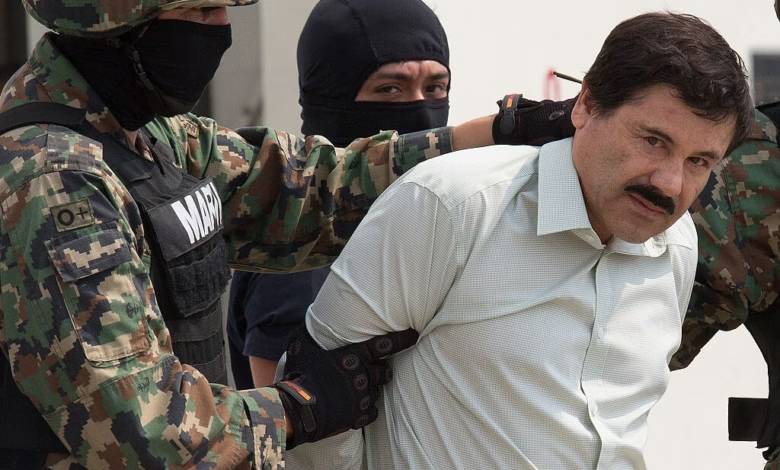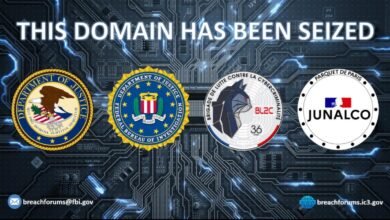FBI official’s phone hacked by cartel to hunt informants, report says

▼ Summary
– The Sinaloa cartel hacked an FBI official’s phone to track and intimidate potential witnesses, even using Mexico City’s camera system to monitor the agent’s movements.
– A hacker hired by the cartel accessed the FBI official’s call logs, geolocation data, and surveillance footage to identify and target informants.
– The Justice Department report cited this 2018 incident as part of a broader pattern of “ubiquitous technical surveillance” (UTS) threats against the FBI.
– Advances in commercially available hacking tools are making such surveillance easier for less sophisticated criminal groups and nations, posing an “existential” threat.
– Another UTS example involved an organized crime leader checking a suspected informant’s call logs for law enforcement contacts.
The Sinaloa cartel reportedly infiltrated an FBI official’s smartphone in a brazen attempt to track down informants working against notorious drug lord Joaquín “El Chapo” Guzmán. According to a newly released Justice Department document, cartel operatives employed sophisticated digital surveillance tactics to monitor law enforcement activities, potentially endangering confidential sources.
A hired cyber specialist working for the cartel allegedly accessed the FBI assistant legal attaché’s mobile device, extracting call records and real-time location data. The hacker reportedly leveraged Mexico City’s surveillance camera network to physically trail the official and identify individuals meeting with investigators. This intelligence gathering operation allegedly led to violent retaliation against suspected informants, though specific details remain classified.
The 2018 breach forms part of a broader pattern of technological threats facing federal agencies. Referred to as “ubiquitous technical surveillance” (UTS), these methods encompass digital tracking, financial monitoring, and other invasive data collection techniques. Criminal organizations and foreign adversaries now exploit commercially available hacking tools once limited to nation-states, dramatically lowering the barrier for sophisticated espionage.
One particularly alarming case involved an organized crime boss who scanned an employee’s call history for law enforcement contacts, demonstrating how easily off-the-shelf surveillance tech can compromise investigations. Intelligence officials have labeled these evolving threats as “existential,” emphasizing their potential to undermine national security operations globally.
While the report confirms the cartel’s cyber capabilities, it omits technical specifics about the phone breach, leaving unanswered questions about vulnerabilities in government communications. What remains clear is that criminal networks increasingly mirror state-level surveillance tactics, forcing agencies to adapt to an era where every digital interaction carries risk.
(Source: Ars Technica)





